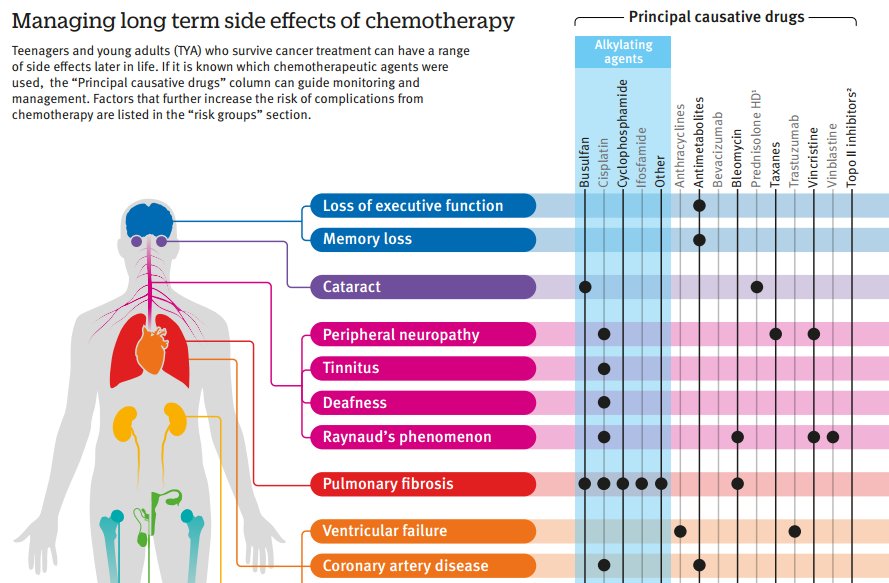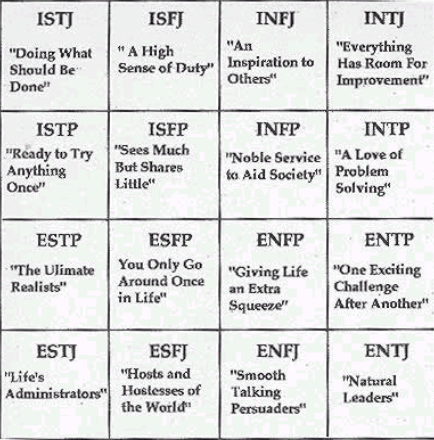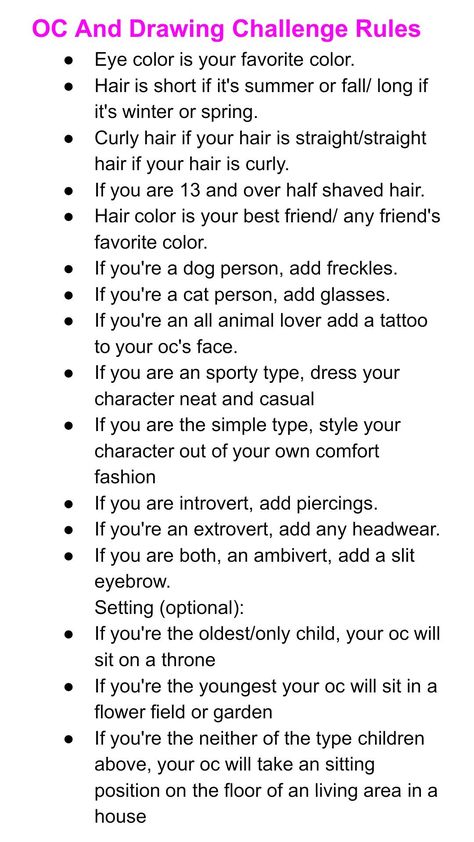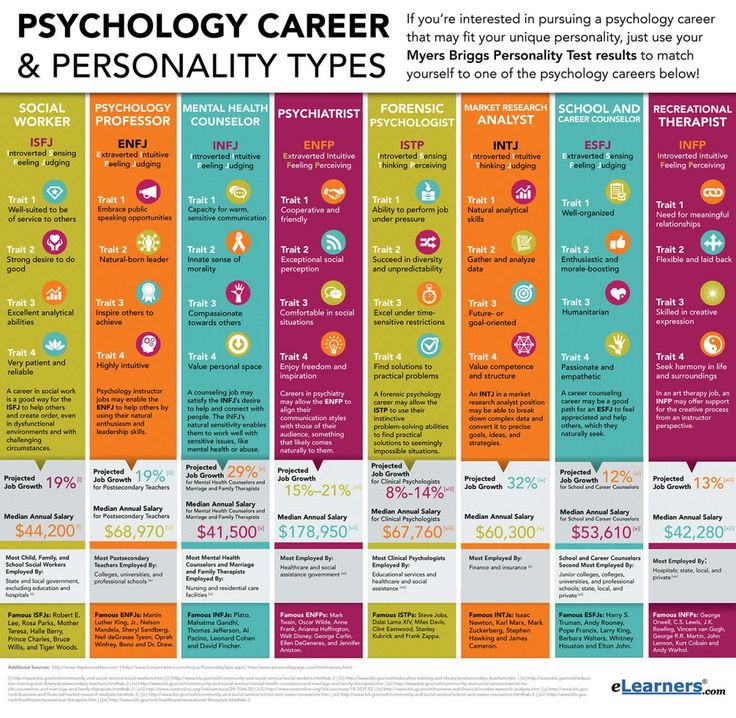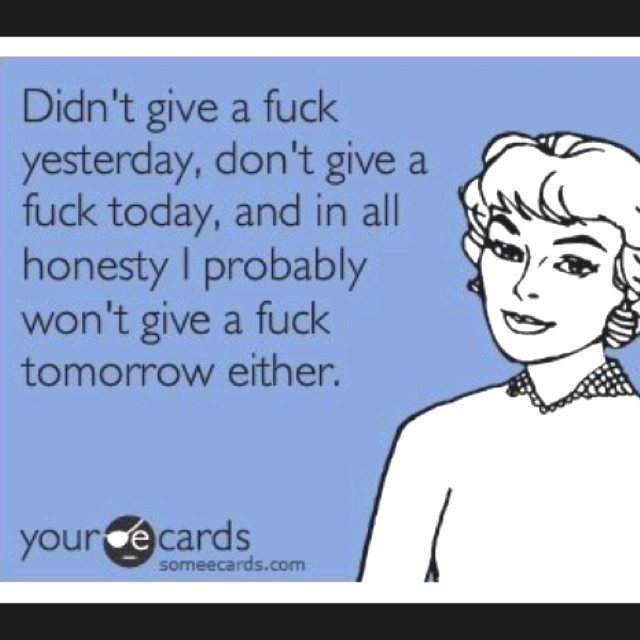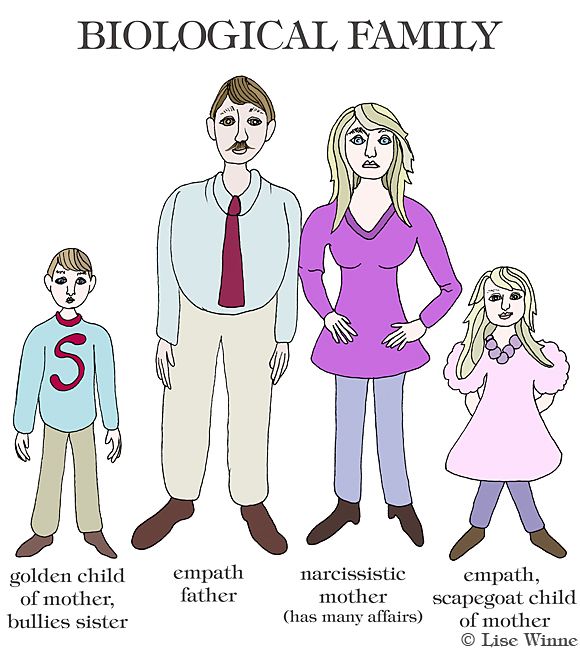Be a chameleon
The Benefits of being a Chameleon
Mani Rakhra
Mani Rakhra
Client Services Director - APAC at Argyll Scott Singapore
Published Jun 17, 2020
+ Follow
chameleon – noun, often attributive : a person who often changes his or her beliefs or behaviour to please others or to succeed : one that is subject to quick or frequent change, especially in appearance.
When I was working in the UK, my former manager once used the term above to describe me. When you read this particular dictionary definition, as well as descriptions from other sources, words such as “fickle” or “inconsistent” are referenced, which sound pretty negative, but I beg to differ.
Being a chameleon, particularly in a sales role, is an art form that can give you a huge advantage.
To be a chameleon you must be able to quickly adapt to changing situations, people and environments. The “one size fits all” approach doesn’t work; the rules change depending on geography, to whom you’re talking, and what the challenge is, and so it takes a well-rounded individual with varied experience to be a chameleon. My father works for an airline, so I’ve been lucky enough to have traveled the world from the moment I was born, experiencing cultural differences and meeting a vast range of characters throughout my formative years. Since then, I have lived and worked in London, Beijing, Hong Kong and now Singapore, and over time, have identified three key skills that us chameleons have, which enable us to survive and thrive.
- Transparency
Being upfront with people and stating clear intentions and purpose has always served me well. Transparent communication, especially if the message isn’t wholly positive, is essential. I have quickly learnt new markets, job disciplines, industries, and have launched desks from scratch, by honestly communicating my desire to learn from people, telling them that I am new to the space. Similarly, in Business Development, doors have opened when I have been frank and not exaggerated my capabilities.
I have quickly learnt new markets, job disciplines, industries, and have launched desks from scratch, by honestly communicating my desire to learn from people, telling them that I am new to the space. Similarly, in Business Development, doors have opened when I have been frank and not exaggerated my capabilities.
Despite having never worked with the company in the past, a new client came to me with three exclusive roles, solely based on the hiring manager’s experience with me as a candidate. I had been honest with her at that time and given her advice on how to approach the market, which led to her securing her first role in Singapore. It was the fact that I’d been open and transparent that impressed her the most, and why she came back to partner with me on these exclusive roles.
2. Empathy
Adapting to your environment with a certain cultural sensitivity is vital. Understanding Cockney in London, Mandarin in Beijing, Cantonese in Hong Kong or Singlish in Singapore is only the first step to being able to communicate, especially in markets where English isn’t the first language. You also need to modify your working practices to incorporate local cultural ways.
You also need to modify your working practices to incorporate local cultural ways.
When I first moved to Hong Kong, I got increasingly frustrated with candidates not committing to things we had discussed during briefing phone calls. I was advised to put those same points into an email and ask the candidate to reply with their commitment and see what happened. I immediately saw a commitment change among these same candidates, who were more devoted to their job search and kept to their word.
3. Agility
Like an actual chameleon changing its color, agility enables you to quickly change focus without diluting your proposition. Throughout my career, I’ve adjusted my focus in response to shifts in the market or global changes. I took a step back during the collapse of Lehman Brothers; the Umbrella Movement in Hong Kong; and now COVID-19, to align to a market that would (in theory) perform well, remaining a consistent and top biller for my firm.
In the face of adversity, certain markets will thrive.During the Umbrella Movement in Hong Kong, people still needed daily provisions, and 7/11 stores couldn’t stock their shelves fast enough – they had opposite issues to declining sales! Whilst not specific to any short-term market conditions, here at Argyll Scott, Jason and Hazel both pivoted (from their previous focus) into the Digital market to take advantage of the tech boom caused by lock-downs as well as shifting trends towards digitization.
These three key chameleon skills of course need to be complemented by (non-chameleon) traits and workplace skills, but they have helped me to develop my sales skills and transition them across different market propositions when the opportunity or need has arisen.
So...if your manager ever uses the C-word about you, take it as a compliment!
-
Q3 APAC market updates: The rise of different staffing solutions
Sep 7, 2021
-
Inspiring Business Women - Jennifer Liping Di
Jun 8, 2021
-
Inspiring Business Women - Larissa Tan
Oct 15, 2020
-
Why you should work overseas at least once in your lifetime
Jul 4, 2019
-
Inspiring Business Women - Tessi Chan
May 14, 2019
-
Top 10 tips to become a successful Recruitment Consultant and business partner to your clients
Feb 1, 2018
-
Employers: Do you know what’s Important to Top Talent in Asia?
May 8, 2015
Others also viewed
Explore topics
Social Chameleon Personality (All You Need To Know About This Personality Type)
The most significant advantage of being a social chameleon is the ability to blend into any social environment.
They pick up on social cues and take on the personality traits of those around them.
Take a moment just to imagine a total lack of social awkwardness and how that must feel.
(Yeah, I can’t either.)
If there’s a downside to this ability to “go native” in any social circle, it stems from the very thing that drives chameleon personalities to do their thing and blend in: the fear of standing out.
What’s In This Article:
[hide]
All of us tend to pick up mannerisms and accents we happen to notice in other people. We might even unconsciously mimic them.
But most of us don’t change our personalities to match what we think others expect of us. We adapt to some degree to make socializing easier. But we’re still the same people.
The chameleon personality type can walk into a room, quickly pick up on the expectations of those around them and become the life of the party or a quiet, thoughtful participant — or whatever they need to be. Meanwhile, their private self remains hidden.
Meanwhile, their private self remains hidden.
Their goal (conscious or otherwise) is to create a public face that leaves a pleasing and memorable impression. And they generally succeed.
Check out the following social chameleon examples:
- W.H. Auden — who said his private image of himself ”is very different from the image which I try to create in the minds of others in order that they may love me.”
- Woody Allen’s “Zelig” — changed his persona completely to adapt to any social situation.
At the opposite end of the social adaptivity spectrum are the “social zebras,” who don’t change their stripes to suit their company. Both extremes have their downsides.
Being a social chameleon has its perks, especially when your job requires you to be all things to all people. Whatever your chosen career, you have to meet the expectations of those who hold the keys. You become exactly what they want you to be.
The downside comes in when you realize you’re not entirely sure of who you are at your core. When you’re used to changing your public face to fit each situation, it can become more challenging to recall who you are when no one is around to impress or win over.
When you’re used to changing your public face to fit each situation, it can become more challenging to recall who you are when no one is around to impress or win over.
Pros:
- Hyper-awareness of social cues and expectations
- Flexibility and adaptability to any social situation
- Mad social skills to gain the approval, consent, or loyalty of others
Cons:
- Superficial connections and relationships
- Insecurity or the inability to believe people will accept your private self
- Deep exhaustion from always having to play a role — which takes energy
Most of us are somewhere between the two extremes of a social chameleon and social zebra, but it’s worthwhile to understand the benefits of both. Look through these seven key traits of the chameleon personality type to see which, if any, are true of you.
1. You prioritize making a good impression.
In fact, making that golden impression is a higher priority than being authentic or standing up for what you believe. You know this about yourself, and you’re cool with it.
You know this about yourself, and you’re cool with it.
You’d rather get along than risk alienating people, so you’re more likely to keep your true self and beliefs hidden — and that’s assuming you have a firm understanding of either, which is not something a social chameleon can take for granted.
Most of the time, when people are around, you show your mutagenic public face rather than risk rejection or criticism by just “being yourself.”
2. You look to other people for cues on how to act.
You recognize that many people expect you to conform to their idea of what behavior and beliefs are right or wrong, and you’re good at picking up on those ideas.
To blend in and gain their approval, you anticipate and meet their expectations, making them feel validated and admired. You even pick up mannerisms and accents or inflections (consciously or otherwise) and mimic others’ behavior, which helps you blend in.
It doesn’t occur to you to simply come as you are and not worry about what people think of you.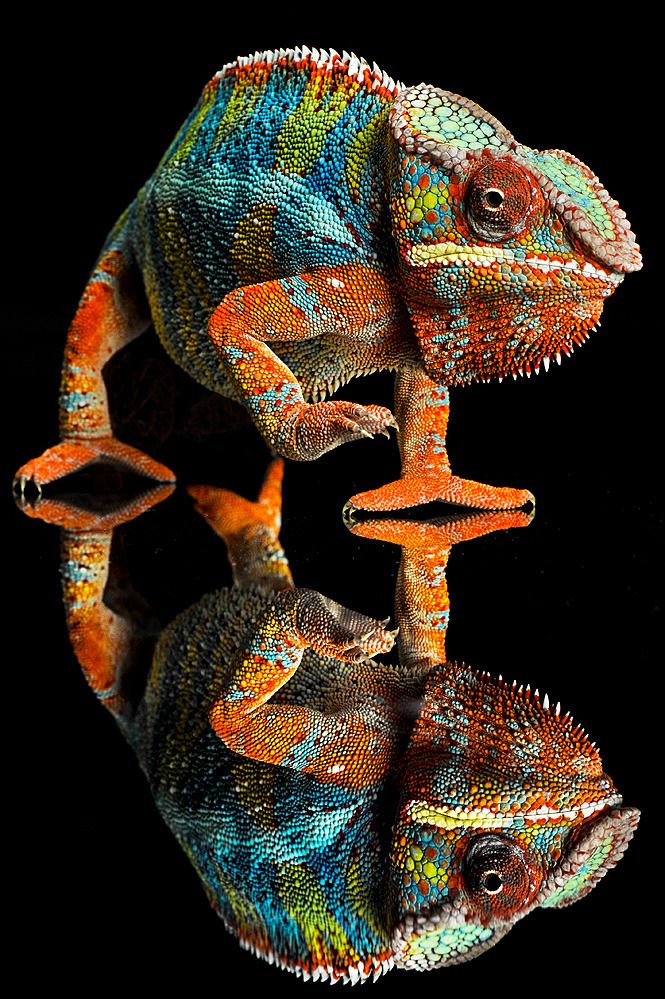 Too much is riding on your performance as “one of them.”
Too much is riding on your performance as “one of them.”
More Related Articles:
99 Most Common Neutral Personality Traits
15 Of The Best Ways To Thrive With A Reserved Personality
Do You Have These 11 Highly Useful Traits of a Hardworking Personality?
3. You’re used to thinking or feeling one thing and doing the opposite.
This is “when in Rome” taken to an unhealthy extreme. You might be consciously aware of what you’re feeling, at least on some level, but you’ve learned not to give that away. No one would describe you as someone who wears their heart on their face.
You can’t afford that kind of transparency. And you can certainly help it.
Think of a situation where you’re offered a treat you honestly detest, but you know the one offering it wants you to love it as much as they do.
So, without giving anything away, you brighten up, take a bite, and convince every witness that you’ve just discovered something you can’t get enough of. No one watching would guess you’re suppressing your gag reflex with the control of a zen master.
No one watching would guess you’re suppressing your gag reflex with the control of a zen master.
4. You take imposter syndrome to a whole new level.
You don’t dare show your private face to those who (you sense) would not appreciate it. You become whoever you need to be when the need arises.
Even when you have a moment just to be yourself, switching to your private face isn’t something you do without reservations. As long as someone else is in the room (or might be spying on you), there’s always the chance you might be exposed as a fraud.
It probably won’t be evident to other people that you fear showing too much (or any) of your true self. Even as you keep your private self hidden, though, you’re aware of how others would perceive you if you didn’t.
To most people, your public face — the one you show them — is your true self at your best.
5. You easily adapt to careers that require psychological juggling.
Think politics, law, sales/marketing, theater, or diplomacy. In these careers, to mimic successfully is to not only survive but triumph. Your chameleon traits give you a decisive edge in these careers over those who value authenticity over “getting to yes.”
In these careers, to mimic successfully is to not only survive but triumph. Your chameleon traits give you a decisive edge in these careers over those who value authenticity over “getting to yes.”
It’s not that you don’t care about authenticity or personal beliefs. You’ve just learned to compartmentalize those things to keep them out of your way when you need to make the right impression.
If meeting your career goals means putting your reservations in tiny boxes and sealing them shut, that’s what you do. And it makes you very effective in your chosen career.
If there’s anyone who threatens your calm, collected exterior, it’s the person at the opposite end of the social adaptability spectrum. The social zebra values authenticity over making a good impression.
They don’t even bother trying to be more like you. They’ll risk alienating other people just to be their unfiltered selves. And even if they’re not “in your face” about it, it still feels like an insult. They don’t see you as an example to follow. And that irks you.
They don’t see you as an example to follow. And that irks you.
So, you might feel a need to criticize them or call them out for not being more like some ideal you aspire to — because you need to convince yourself that your way is not only legitimate but better than theirs.
7. You’re less likely to commit to a romantic partner (or stick with one for long).
Since your relationships tend to remain on the surface, and your success as a social chameleon depends on keeping them there, you’re not as likely to commit to a long-term relationship.
If you do enter into one, you’re less likely to form a strong emotional bond with your partner. You’re also more likely to fantasize about other people while you’re in a relationship with someone.
You feel less attached to your partner than a social zebra would feel toward their partners, and you’re more likely to cheat. That won’t stop you, though, from working to create and maintain the impression that your romantic relationship is superior to most, as the public face of your relationship is an extension of yours.
Exhausting as it might sound to live at this extreme of the social adaptability spectrum, it is possible to thrive as a social chameleon if you adopt the following strategies:
- Take some time regularly to deepen your self-knowledge.
- Take some time to get to know your partner and give them the chance to know you.
- Do the same with those who are friends with your private/core self.
- Do things you genuinely enjoy — not what you think others want you to enjoy.
The more aware you are of your social chameleon tendencies, the more you can consciously choose to spend time being your authentic self. You need that time to recharge your batteries and feel happy about who you are.
Now that you know what a social chameleon is, which of their traits felt familiar to you? Or are you closer to being a social zebra?
Both extremes have their challenges. Neither is better than the other.
And if you identify with chameleon personality traits, you can learn to incorporate healthier social and self-care habits while retaining your social adaptability.
With balance, you can have the best of both worlds.
Become a chameleon: five abilities that will definitely be needed in the future
- Career and business
- Oksana Morsina Author
To stay competitive in the job market, it pays to develop certain qualities
Career predictions are as thankless as predicting what technology will be in our mobile phones and tablets through 20 years.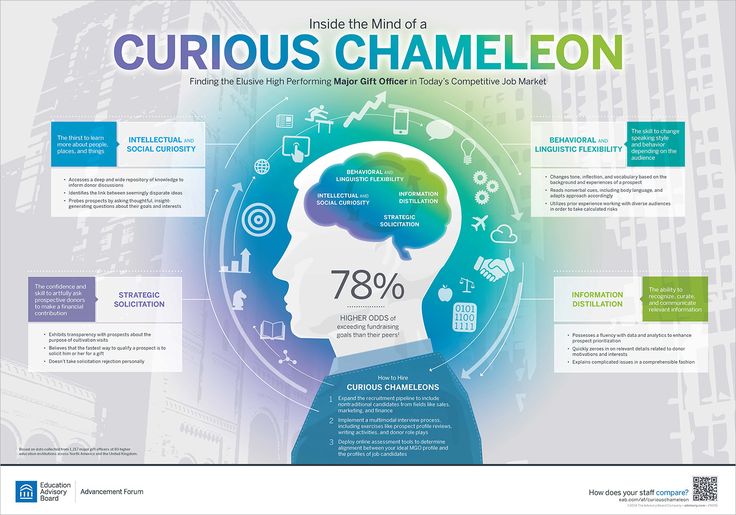 After all, new professions have not appeared, and innovations have not been invented. In other words, there is no exact scientific basis for compiling a list of "skills of the future". How to be competitive in the future is discussed at the St. Petersburg Economic Forum, which opened today. What skills will definitely be needed in the coming digital economy? All of them can be reduced to two skills: getting along with yourself, others, and learning. nine0005
After all, new professions have not appeared, and innovations have not been invented. In other words, there is no exact scientific basis for compiling a list of "skills of the future". How to be competitive in the future is discussed at the St. Petersburg Economic Forum, which opened today. What skills will definitely be needed in the coming digital economy? All of them can be reduced to two skills: getting along with yourself, others, and learning. nine0005
Finished reading here
Acquire new knowledge quickly
The faster technology and society develop, the faster and more radically the situation in the labor market changes, while the mass approach to education changes much more slowly. In this state of affairs, there is a certain problem: people get a profession without thinking about its demand, due to "social inertia". This situation has led to the fact that at the moment only 27% of Russians work in the specialty that they received at the university. nine0005
This situation has led to the fact that at the moment only 27% of Russians work in the specialty that they received at the university. nine0005
In the future, the trend will only intensify, requests for new knowledge and specialties will arise even more rapidly. If a person of the 20th century could change several companies in his life, then a modern person can easily change several professions. Experts are already comparing the future to surfing: we will have to conquer several new waves (specializations) in order to advance further than the rest. The main skills that will come in handy in the future are curiosity, openness to new things, and a thirst for knowledge. Today, it is possible to conquer the ocean expanses with the development of additional knowledge, for example, in a related specialization. nine0005
Digital agility, or digital agility
Business is becoming digital: almost no organization can do without promoting products and services on the Internet, and many areas in general are gradually moving to working digital, that is, they begin to work exclusively on the Internet (especially this is true for e-commerce and advertising). In any case, a computer with Internet access and the necessary software has already become the main - or one of the main - tools for most professions. And it is very important for business that employees keep up with these changes and know how to use modern tools. nine0005
In any case, a computer with Internet access and the necessary software has already become the main - or one of the main - tools for most professions. And it is very important for business that employees keep up with these changes and know how to use modern tools. nine0005
It is no coincidence that the corporate culture is already introducing employee assessment on digital agility, the ability to use modern technologies. Employers want to understand how ready we are to learn, be flexible to digital changes and have the ability to implement them. We are not yet required to go deep into the technical part, but it is definitely worth figuring out how technology changes and improves business. You can get this knowledge from communication with tech-savvy people, at conferences, from leading articles and literature. nine0005
Interaction with others
Modern society implies much more active communication between people than it was before: globalization of the world, active development of information technologies and social services, etc. Every year people communicate more and more actively. This is also evidenced by statistics on social networks - almost every resource shows steady growth. Only Facebook in 2015-2017 "expanded" by 461 million users (an increase of 25%). In the future, this trend, according to all forecasts, will continue and may even intensify. nine0005
Every year people communicate more and more actively. This is also evidenced by statistics on social networks - almost every resource shows steady growth. Only Facebook in 2015-2017 "expanded" by 461 million users (an increase of 25%). In the future, this trend, according to all forecasts, will continue and may even intensify. nine0005
From an applied point of view, the ability to communicate includes the ability to speak in public, conduct effective correspondence, including in social networks, negotiate, be customer-oriented, emotionally empathize and understand others. In the near future, leaders will have much to learn from younger, more technologically savvy employees. Therefore, one of the career recommendations: communicate with those whom you lead and those around you. As Ford CEO Alan Mullally said, “If I’m not an expert on a subject and there are people who understand it better, then why am I talking? Why not listen to them?" nine0005
Adaptability
Being adaptive means that a person does not stop at a new problem, but quickly moves on to finding solutions. Think about the frequent change of professions, the rapid transition to digital, and just about external economic risks and challenges - all this will oblige us to remain adaptive. Interestingly, at the meetings of MBA graduates 5-19 years after graduation, it turned out that students with a high level of adaptation turned out to be more satisfied with life and career than those who did not possess this quality of character. This property is included in 80% of the core competencies of the future. The main steps towards the development of adaptation are the ability to be patient, the ability to analyze uncertain situations in detail, evaluate all the pros and cons, and only then make decisions. nine0005
Think about the frequent change of professions, the rapid transition to digital, and just about external economic risks and challenges - all this will oblige us to remain adaptive. Interestingly, at the meetings of MBA graduates 5-19 years after graduation, it turned out that students with a high level of adaptation turned out to be more satisfied with life and career than those who did not possess this quality of character. This property is included in 80% of the core competencies of the future. The main steps towards the development of adaptation are the ability to be patient, the ability to analyze uncertain situations in detail, evaluate all the pros and cons, and only then make decisions. nine0005
Ability to work with oneself
If a person does not control emotions, then emotions control him. The mood of the team worries employers. In conditions of uncertainty and frequent change of course, the employee will need the ability to allocate his resources and manage his own mood and energy, enter a state of concentration on an important task or immerse himself in a state of calm in especially stressful situations. In addition, managers are looking for those who get drive and joy from work. Such employees find a source of strength in their work and charge those around them with it. These professionals are already highly valued today. Today you definitely need to learn how to combine the pleasure of work, performance and balance with your personal life. nine0005
In addition, managers are looking for those who get drive and joy from work. Such employees find a source of strength in their work and charge those around them with it. These professionals are already highly valued today. Today you definitely need to learn how to combine the pleasure of work, performance and balance with your personal life. nine0005
And finally, the good news: the threat of robots that will replace humans in the future is exaggerated. But other challenges await us. According to the global consulting company Korn Ferry Hay Group, by 2030 the real problem will be a shortage of human talent in the amount of 85 million people, which is commensurate with the population of Germany. Employers will start a real war for the best and strongest staff. In this regard, to grow above oneself, develop the potential and the skills indicated in this article are definitely worth it. nine0005
-
Oksana Morsina
Author
#self-development #digital economy #career
Forbes Newsletter
The most important thing about finance, investment, business and technology
Chameleon people: they change depending on circumstances
Author Margarita To read 4 min. Posted by
Posted by
Social chameleons are second to none when it comes to making a good impression. They resort without hesitation to emotional mercantilism, in which they skillfully hide their own feelings, thoughts and opinions in order to be accepted and receive the approval of others. And this behavior, of course, leads to serious side effects on self-esteem. nine0005
"He who takes responsibility for his life gains the freedom to be himself" - Jean-Paul Sartre.
Being yourself is not easy. We are afraid of “what people will say”, we are afraid of being disappointed, drawing attention to ourselves and not being what they want us to be.
Life in society forces us to adapt to it. This is known to everyone. BUT we must not forget that the main thing in life is to learn to be a person, not a character.
Being human means being able to respect other people with all their peculiarities, points of view and qualities. It also means being able to be honest without blurring the boundaries of your personality or giving up your values for the sake of wanting to be accepted. nine0005
It also means being able to be honest without blurring the boundaries of your personality or giving up your values for the sake of wanting to be accepted. nine0005
Social Chameleons and Psychological Victims
University of Minnesota social psychologist Mark Snyder is an expert in studying the universal need for social acceptance. The scientist shares with us an interesting aspect of the problem under consideration. It turns out that social chameleons are exceptionally unhappy people.
Think for a moment and imagine a person who daily forces himself to be the same as the people around him.
To achieve this result, you will have to get used to thinking, feeling and doing things differently. You will have to live in conditions of constant contradiction, balancing between your true "I" and a public mask. Laugh when you're not funny. Be intrusive.
And this is almost obsessive behavior: a person is constantly trying to make a good impression, which rarely leads to the establishment of strong and good ties.
Moreover, as a rule, it leads to a real psychological exhaustion. nine0005
We must not forget that in order to imitate a social chameleon must comply with all sorts of social norms. Notice or read the direct and indirect messages emerging around him. Not only to imitate, but also to demonstrate incredible and convincing flexibility.
Being the "right" person always means having to anticipate other people's reactions. That is, you need to constantly monitor their social activities, adapting your behavior to it in order to achieve the desired effect. It can be concluded that the huge emotional exhaustion from all of the above is only a matter of time. nine0005
For real social chameleons, all means are good. For the sake of success, they are ready to sacrifice their honor, principles, and even a system of values. And all for the sake of integration into the group or its recognition. However, pretense and frequent role reversal will never help create real relationships, make good friends and a permanent partner with whom you can be yourself without hiding behind a mask . ..
..
Social chameleons or social zebras - choose for yourself
whether we like it or not, we need the skills of a chameleon. They are needed in order to influence, seduce, attract customers, gain trust and even manipulate. Work in politics, law, marketing, advertising, theatrical arts and diplomacy requires psychological resourcefulness. And pretense here is synonymous with survival and even triumph. nine0005
We've all had to be social chameleons in one way or another. However, Dr. Mark Snyder says that if a person is truly striving for emotional well-being, wisdom and inner balance, one must learn to be "social zebras."
Regardless of where the zebra is now and who or what is near it, such a person always remains the same (his stripes do not change).
Few things can be as unproductive and tedious as trying to please everyone around you and become that piece of the puzzle that fits any puzzle, or the nut that fits any mechanism.

